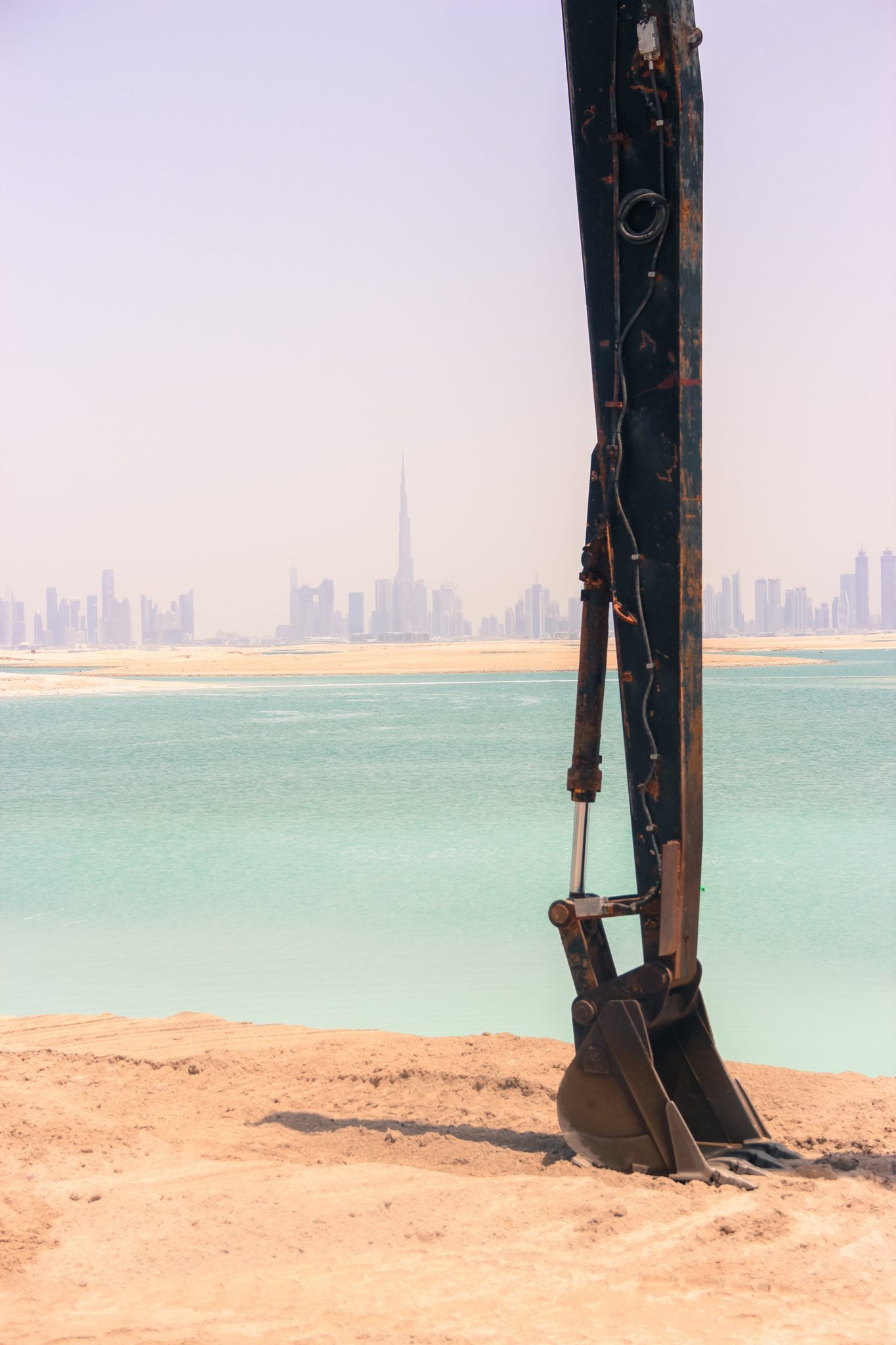As a place of critical and lively debate on issues pertaining to the future, the Museum is keen to bring art, science and activism together and is extending a series of invitations to its new discussion format: Future Talks. The format itself is intended to support the Fridays for Future movement, which since 2019 has been calling on politicians to prioritise environmental protection at both the national and global political levels.
Given the movement’s list of demands, urgent topics such as biodiversity, climate protection at the legislative level, the eco-social market economy, and the phasing-out of fossil fuels are to be discussed on four dates as part of an interdisciplinary panel comprised of scientific experts, artists, and activists. Audiences are invited to participate in the events, but also to submit questions ahead of time and provide their input via social media channels so they can be incorporated into the discussions.
Moderator: Michael Huber, Kurier/futurezone
An event in co-operation with the daily newspaper Kurier.
Participation is free of charge; please register at anmeldung@kunsthauswien.com

DATES:
Future Talk: Climate X Change
CLIMATE & BIODIVERSITY
Friday, 28 August 2020, 6 pm
Konrad Fiedler, biodiversity researcher, University of Vienna
Claudius Schulze, artist
Katharina Schneider, Fridays for Future activist, Department for Botanics and Biodiversity Research, University of Vienna
Moderator: Michael Huber, Kurier/futurezone
There is a close interaction between climate change and the loss of biodiversity: higher temperatures, the fluctuating availability of water, and altered development phases in fauna and flora all contribute to the loss of biodiversity. Biodiversity plays an important role in many climate-relevant processes (e.g. binding and releasing CO2, the water cycle or the absorption of solar radiation); indeed, the decline in biodiversity is contributing factor to global warming. This interaction is extremely worrying as, sooner or later, it leads to ecosystem collapse. So how important is this issue in the current debates on the climate crisis? What sort of measures do we need in order to prioritise the conservation and boosting of biodiversity?
Future Talk: Climate X Change
CLIMATE & LEGISLATION
Friday, 16 October 2020, 6 pm
Michaela Krömer, legal expert
Angela Köppl, economist, WIFO
Michael Goldgruber, artistVeronika Marhold, Fridays for Future activist
Moderator: Michael Huber, Kurier/futurezone
The climate crisis is posing an ever increasing threat to fundamental human rights. Extreme weather events, melting polar ice caps, rising sea levels, floods and droughts are robbing people around the world of their livelihoods. Legislation that protects our climate and our future is therefore needed in order to achieve the 1.5 °C goal and the aims of the Paris Agreement. What strategies are needed to provide a legal basis for climate protection at both the global and the national level? Might a definition and recognition of the rights of nature be a way out of the climate crisis?
Future Talk: Climate X Change
CLIMATE & THE ECONOMY
Thursday, 19 November 2020, 6 pm
As part of Vienna Art WeekSigrid Stagl, Professor of Ecological Economics, Vienna University of Economics and Business
Stefan P. Schleicher, economist, Wegener Centre for Climate and Global Change, University of Graz
Oliver Ressler, artist
Klara Butz, Fridays for Future activist
Moderator: Michael Huber, Kurier/futurezone
The combination of liberal democracy and capitalist market economy aimed at achieving a ritualised sustained growth massively impacting our ecosystems and the climate. Climate conferences are becoming rituals that disappoint on an annual basis, failing to bring about any sustainable change. And while individual measures designed to reduce our ecological footprint are important, what we really need is a complete rethink of our economic system. How can a systemic change channelled more towards an eco-social tax reform succeed? What sort of incentives should society and the economy be offered in order to find and implement sustainable solutions? Can climate protection and a ‘healthy’ economic system go hand in hand?
Future Talk: Climate X Change
CLIMATE & FOSSIL FUELS
Friday, 15 January 2021, 6 pmDominik Schmitz, Centre for Global Change & Sustainability, University of Natural Resources and Life Sciences, Vienna
Karin Hiltgartner, Institute of Spatial Planning, Vienna University of Technology
Klaus Schafler, artist
Anna Lindorfer, Fridays for Future activist and graduand, Vienna University of Technology
Moderation: Michael Huber, Kurier/futurezone
Coal, natural gas and oil are still the world’s most important sources of energy. Their combustion releases greenhouse gases into the atmosphere that are the main causative factors of global warming. Added to that are ‘large-scale fossil fuel construction projects’ such as motorways and airports. Not only does their construction consume vast amounts of resources and release CO2, their operation also contributes to a much diminished use of climate-friendly infrastructure facilities. The only realistic way to reduce emissions and therefore preserve the Earth from climate collapse is to replace fossil fuels with renewable energies and reduce our global energy consumption. So where do we currently stand within that process? What steps do we need to take, and how can a fair and equitable transition actually work on a global level?
